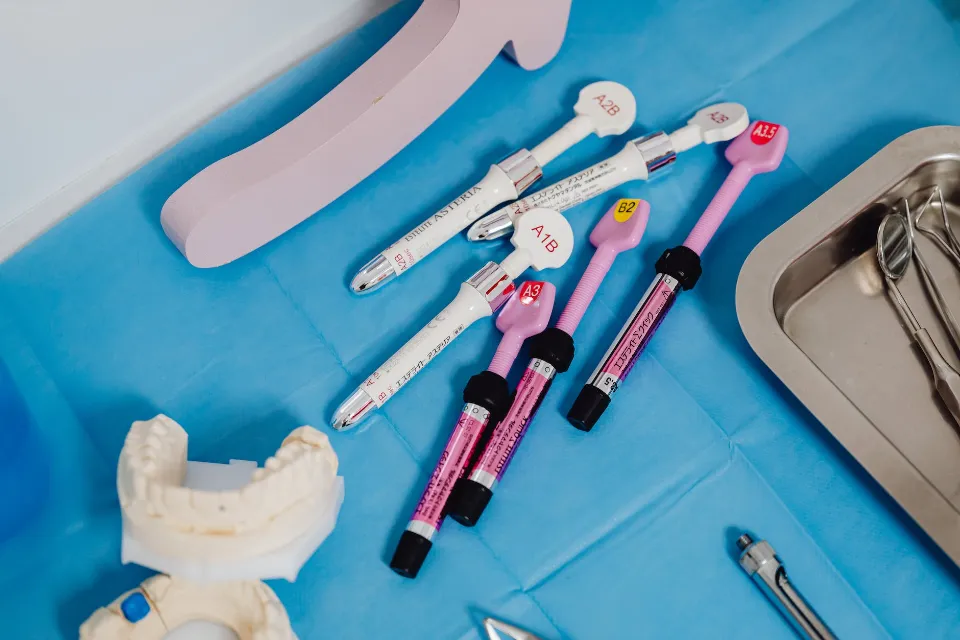You might be considering the best sleeping positions after kidney surgery if you’re either recovering from surgery or waiting for it to happen. You might be trying to figure out what sleeping positions will let you rest comfortably without aggravating your pain.
Sleeping positions after kidney surgery may vary slightly, but in most cases, you will lie flat on your back for at least a week with your arms at your sides and your toes pointing toward the stars. After kidney surgery, you can sleep peacefully with pain medication.
In this guide, I will provide you with many practical tips that I hope will help you get a good night’s sleep and help you find the most pain-free sleeping position that will help speed up your recovery.
What Happens After Kidney Surgery?
After surgery, you’ll have to spend one to five days in the hospital. Depending on the type of nephrectomy you had, you must decide how long you will be in the hospital.
The members of your healthcare team will keep an eye on your fluid, electrolyte, and blood pressure levels. In most cases, you will need to use a urinary catheter (a hollow tube to drain urine) for the first few days following surgery.
Initially, the incision will hurt and you might experience some numbness. Your healthcare team can help you with pain management, as needed.
Breathing deeply might be uncomfortable because your incision will be close to your diaphragm, the muscle underneath your lungs. However, practicing diaphragmatic breathing exercises is crucial for avoiding pneumonia (lung infection).

How to Sleep After Kidney Surgery?
Best: Lie Flat
After having any type of surgery, lying flat on your back is one of the best sleeping positions. This position will be most helpful for you if you’ve had surgery on your arms, legs, hips, or spine. Furthermore, adding a pillow beneath your body parts adds comfort and support.
The direction that your arms, legs, and toes must face depends on the circumstances. It is best to sit with your back straight, arms at your sides, legs straight, and toes pointed upward. You can maintain your neutral alignment by holding this position. So, if you’re unsure of how to sleep, turn over on your back.
Worst: Lying on Your Side
After having kidney surgery, you won’t be able to consider sleeping on your side for at least 4 weeks, and even then, you should only do so with your doctor’s approval. Kidney surgery requires major surgery, and the recovery period is protracted and not without difficulties. After kidney surgery, you must develop a sleeping schedule that follows the advice of your doctor.
Most of the time, you will need to rest on your back while you heal for at least 4 weeks, if not longer. 4 weeks may seem like a long time, but kidney surgery takes a long time to recover from. Having said that, you will notice the pain level significantly decreasing by day 3 and that the healing process has begun.
Sleeping on your side increases the risk of complications, stresses the wounds, and results in needless bleeding and discomfort. When sleeping on your back, place a cushion between your legs. This will stop you from attempting to turn onto your side while you are sleeping.
Getting Out of Bed Position
Put a pillow on your stomach, lift one leg towards your stomach, then the other, to ease any pain you may experience when getting out of bed after kidney surgery.
Roll to the edge of the bed on the side away from the surgical site while lifting your pelvis just a little. Place one leg over the bed, then the other, getting ready to stand as you hug the pillow.

Tips for a Good Night’s Sleep After Kidney Surgery
There are a few different reasons you may struggle to sleep after kidney surgery, such as medication causing insomnia, stress, and anxiety, or even the after-effects of the anaesthesia. You’ll be glad to know that there are a few things you can do to get better quality sleep after surgery.
- Pay close attention to everything your doctor or surgeon instructs you to do, especially when it comes to taking your painkillers. This will help you a lot when it comes to getting a good night’s sleep.
- Second, create a sleep schedule, figure out the best sleep times for you, and ideally go to bed at the same time each night so your body can regulate a sleep pattern.
- Make a routine for yourself in the evenings, such as taking a warm bath, and stay away from devices that emit blue light, such as phones and televisions.
- Think about what you’re going to wear to bed, make sure your surroundings are calm, peaceful, and comfortable, keep the lighting as dim as possible, check the temperature of the room. Is it hip and not constricting? Also, get yourself a good supportive pillow.
- If all of this fails, speak to your doctor again, and see what they can put in place to help you sleep better.
- Alpha-blockers and anticholinergic drugs are topics you should broach with your doctor.
- Check out the beds that recline and can be adjusted.
Summary
Individual recovery times and sleep patterns following kidney surgery vary, but on average, you should feel significantly better after 3 weeks and nearly back to normal after 6 weeks. Take it easy and don’t push yourself too hard while you’re recovering. You can practice strength-building by going on brief walks.
FAQs
Can I Sleep in a Standard Bed After Kidney Surgery?
After having kidney surgery, yes, you can resume sleeping in your normal bed. If you’re in pain, some advise spending the first few nights in a chair or bed that reclines.
Can I Drink before Bed After Kidney Surgery?
According to studies, drinking before bed increases the likelihood that you’ll need to get out of bed at night to use the restroom. The best course of action is to drink a lot during the day and less after dinner after kidney surgery to minimize discomfort, but be careful not to become dehydrated.



